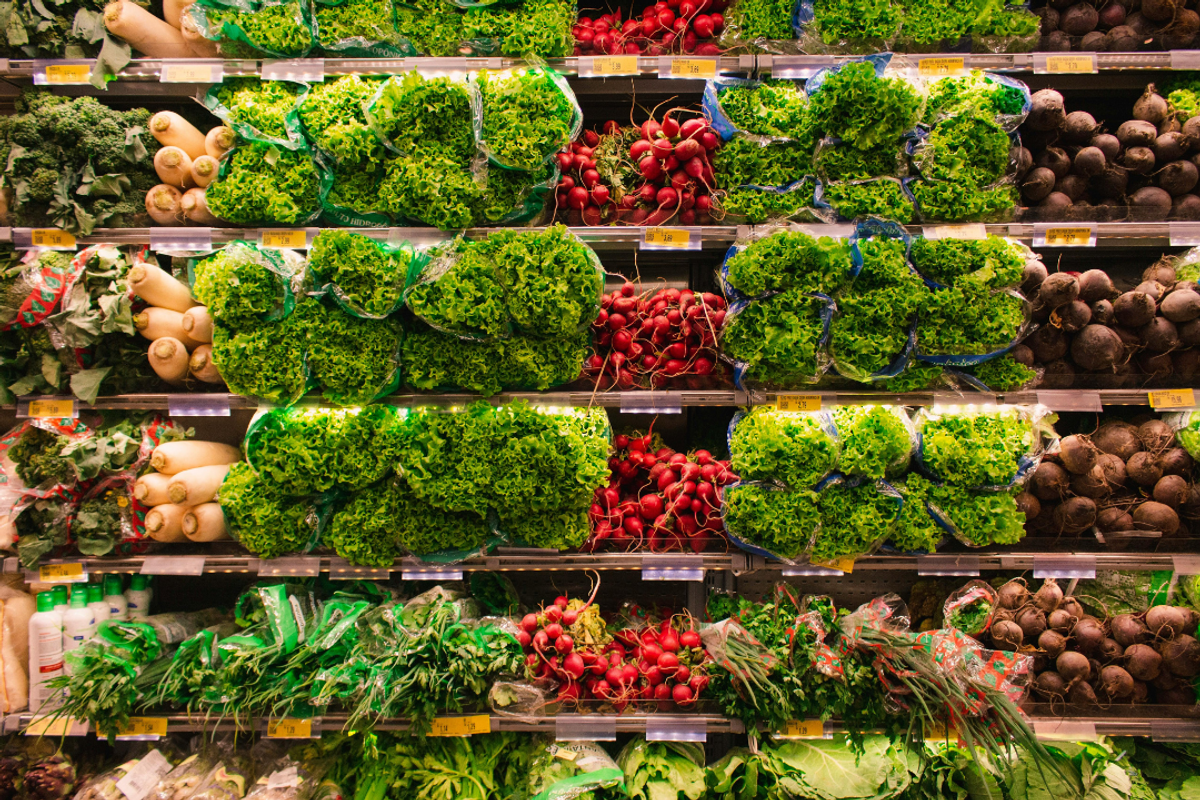Pakistan's inflation likely to be measured at 3-3.5% in July
Month-on-month inflation is projected to increase by 2.2%, largely driven by a surge in food prices
Business Desk
The Business Desk tracks economic trends, market movements, and business developments, offering analysis of both local and global financial news.

Photo by Matheus Cenali via Pexels
Pakistan’s inflation rate for July is expected to clock in between 3.0% and 3.5% year-on-year, compared with 11.09% recorded in July 2024, according to projections by Topline Securities and Sherman Securities.
Month-on-month inflation is projected to increase by 2.2%, largely driven by a surge in food prices.
Topline Securities estimates that food inflation rose 3.44% in July, led by significant price hikes in key perishables: chicken (up 30%), vegetables (25%), onions and tomatoes (both 18%), and potatoes (8%).
The housing, water, electricity, and gas category is also expected to climb 2.55% month-on-month, driven by a 6.3% increase in Liquefied Petroleum Gas (LPG) prices and a quarterly rent adjustment estimated at 1.7%.
Electricity charges are projected to rise 1.85% MoM, as most tariff cuts are expected to be phased out in July, with only one month of the Quarterly Tariff Adjustment (QTA) remaining, the report noted.
The July inflation data also includes the recent gas price revision, largely comprising fixed charges. “We have applied a weighted average increase of 40% month-on-month in gas prices,” Topline said. However, the July gas bills do not fully reflect the revised fixed rates.
Looking ahead, both the government and analysts forecast average inflation for fiscal year 2025-26 to settle around 6% to 7%, aligning with the State Bank of Pakistan’s inflation target range.
With expected inflation of 3-3.5% in July, the real interest rate is set to surge to 750-800 basis points, well above Pakistan’s historic average of 200-300 basis points, analysts noted.
Sherman Securities offered a slightly different projection, estimating July’s year-on-year inflation at 2.6%, compared to 3.24% in June. “We attribute the decline in CPI to the high base effect and a decrease in the food index,” the brokerage stated.
On a month-on-month basis, Sherman expects inflation to rise 1.44% in July.
Despite short-term volatility, the broader inflation outlook for FY26 remains stable. Both the government and the International Monetary Fund (IMF) expect average inflation to remain within the 5% to 7% range. Sherman Securities sees inflation landing closer to the lower end at 5% for the year, a slight increase from an estimated 4.6% in FY25, as declining oil prices ease cost pressures.
The forecasted CPI average for FY26 is notably below Pakistan’s 10-year average of 10.8%.










Comments
See what people are discussing